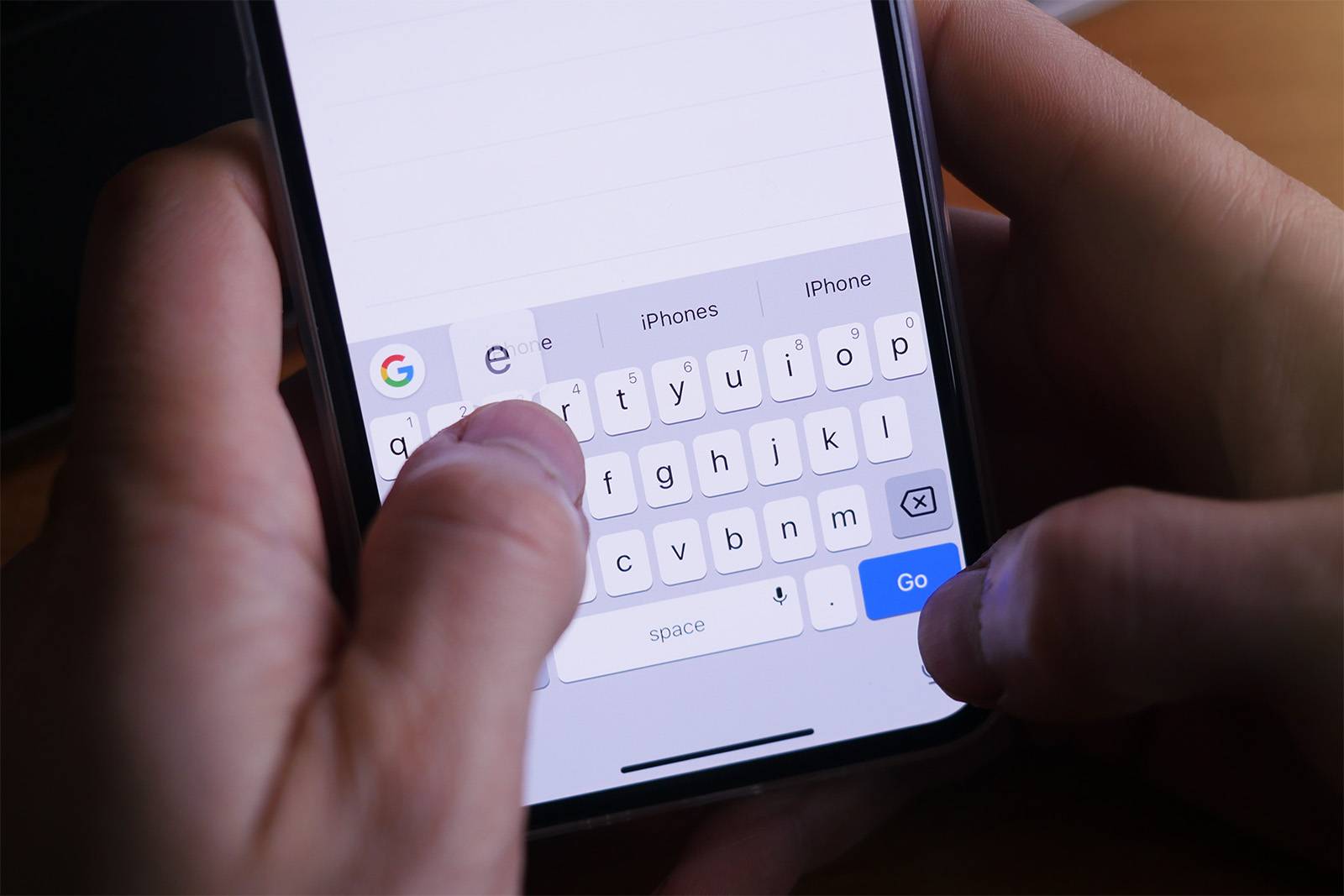
Multiple Usage of "meiyou" in Chinese
This article provides you an ultimate guide to the mandarin Chinese word "meiyou".
What Does "meiyou" Mean in Chinese?
"Meiyou" means that it is invisible and does not exist (attitude about not sure, skeptical). The pronunciation is "méi yǒu" in Chinese, and it is very similar to the pronunciation of "|meɪ ju|" in English.
Basic Usage of "mei you"
To Have or Have Not
"Meiyou" usually means "have not", which is the antisense of "have". For example, A ask B: did you have lunch? B: Meiyou (No). In this scenario, someone may say "Bu"(|buː|) as well, which has a close meaning to "Meiyou".
However, there are some differences between "Mei you" and "Bu". Firstly, they have a different emphasis. "Mei you" focuses on objective negation, but "Bu" focuses on subjective negation. For example, I don't (Bu) eat breakfast, which means I don't want to eat breakfast. If I say "I didn't (Meiyou) eat breakfast", which is just an objective description of the facts.
Besides, "Bu" can be used on many occasions, such as the negation of opinions, requests, etc. "Mei you" is a negation of the possibility of existence. For instance, I don't (Mei you) have a pen.
In addition, their tenses are different. If persons want to deny current, future actions, and their habits, they can use "Bu" (Eg1: I don't (Bu) like sports; Eg2: I can't (Bu) go today, and I can't (Bu) go tomorrow.), and "mei you" is used to deny past events (eg: he didn't (Mei you) come yesterday)

Make a Comparison
In Chinese, persons can use "mei you" to indicate something is not as + (adjective) + as something else. Therefore, "Mei you" can also be used for basic comparisons, except a commonly used word "Bi"(biː).
However, "Mei you" and "Bi" are standing on the opposite. For example, if we want to express that Leo is not as strong as James, you can say: Leo "Mei you" James strong. On the other hand, we can say James "Bi" (比) Leo strong (James is stronger than Leo).
In general, Noun 1 + "Mei you" + Noun 2 +Adj. = Noun 2 + "Bi" + Noun 1 + Adj.
Besides, "Bi" expresses stronger emotions, and "Mei you" is a little bit more euphemistic. For instance, Ni "Bi" Wo hao (You are better than me); Wo "Mei you" ni hao (I am not as good as you). As we can see, the first sentence states a stronger feeling than the second one.
Deflect Compliment
When facing praise, westerners always respond in a straightforward way by saying "thank you". However, many Chinese people are very humble and say "Mei you" instead. For example, when A praises of B: Your clothes are so beautiful. B will say: Mei you, I think the colors are too bright.
Something Doesn't Exist
"Mei you" can be used to describe objective facts in some situation. If you want to express something does not exist, or something doesn't happen at all, you can use "mei you" as well. For example, there are "Mei you" aliens in this world. (Aliens do not exist in this world).